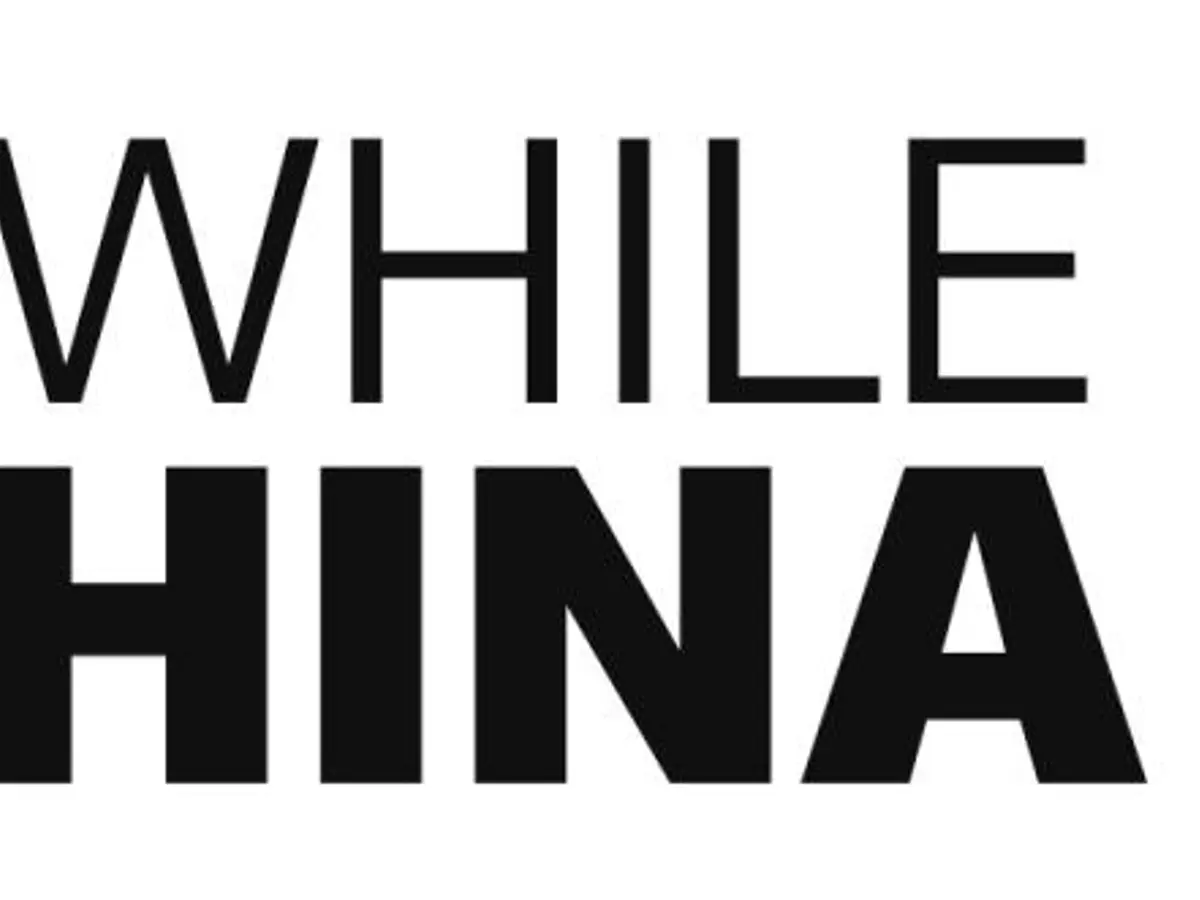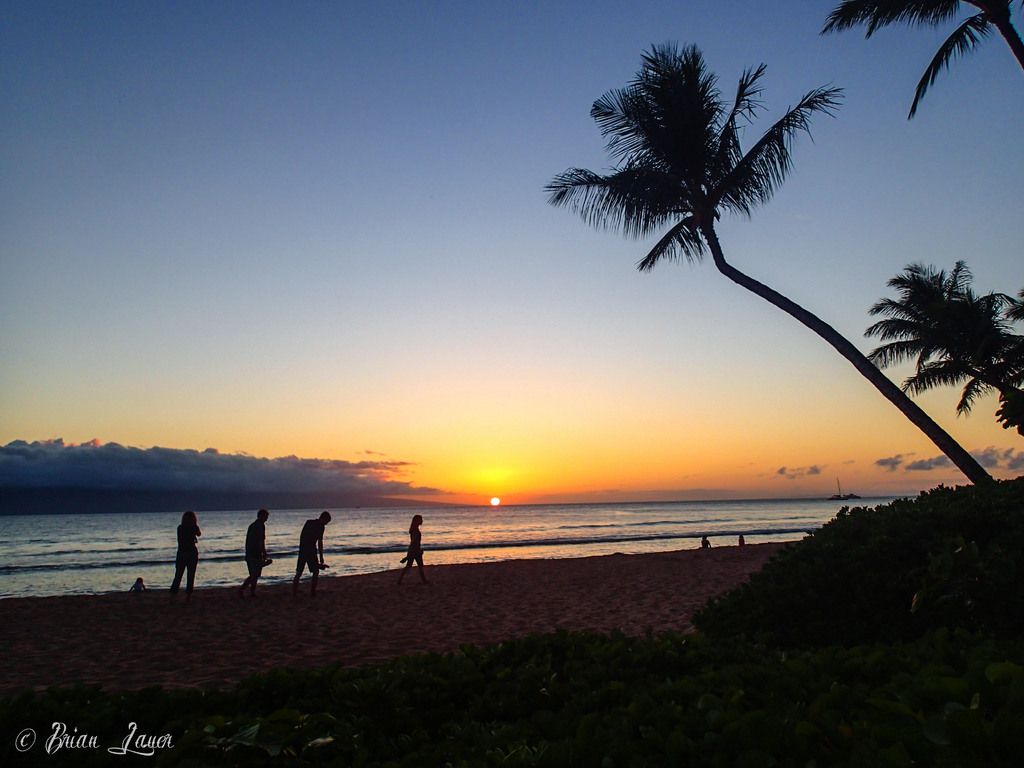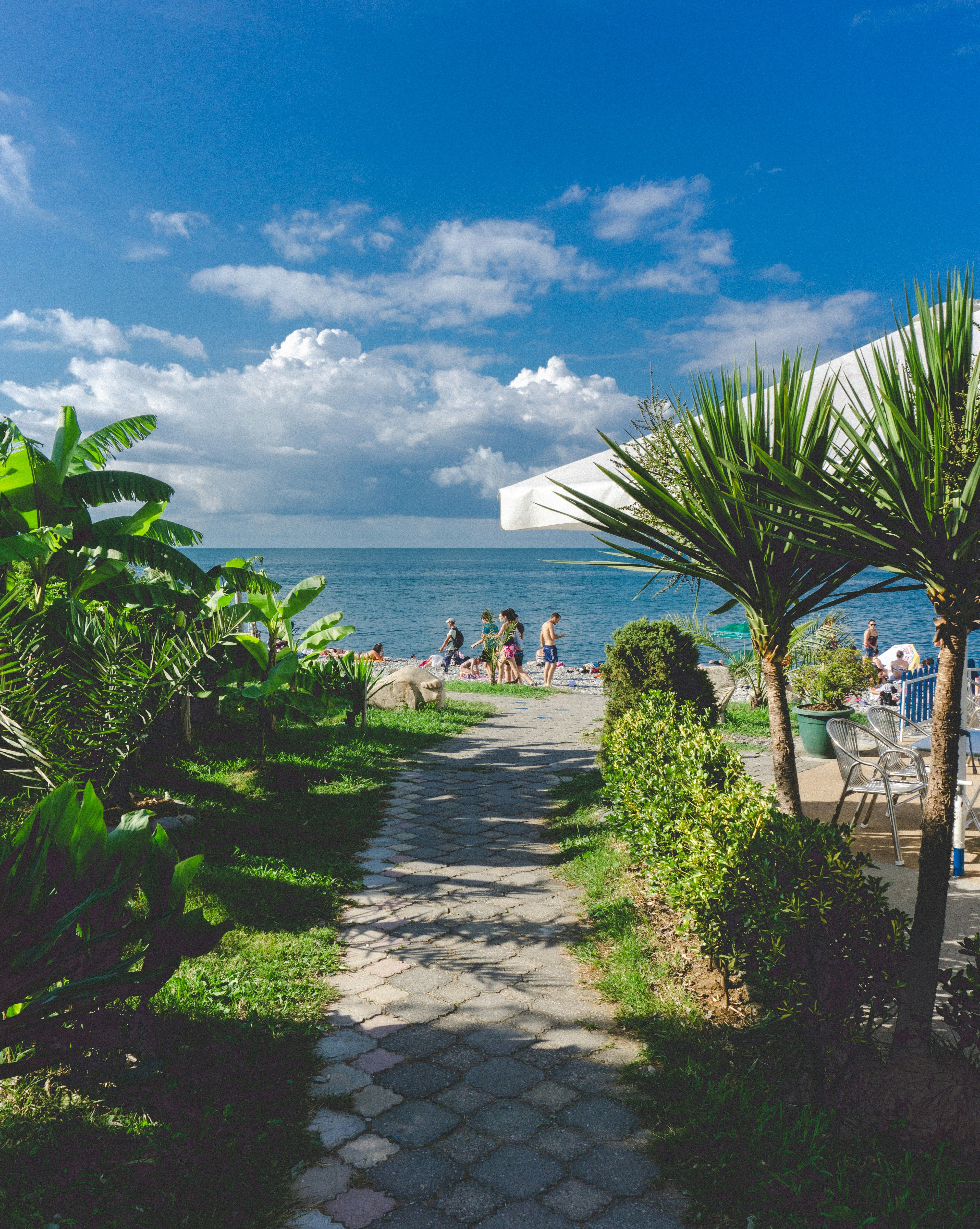In recent years, fried rice has become a highly sensitive topic among Chinese online nationalists, particularly in October and November. This sensitivity led to renowned chef Wang Gang offering an apology this week for a video he made showing the preparation of fried rice.
"As a chef, I will never cook fried eggs again," Wang promisingly asserted in a video on Monday. Wang, with over 10 million online followers, aims to suppress the criticism for a video he posted on Weibo on November 27th.
Angered Nationalists accused Wang of using the video as an opportunity to mock the death of Mao Zedong's eldest son, Mao Anying, who was killed in a US air raid during the Korean War on November 25th. Though Wang's video focused on fried rice, for some Chinese Nationalists, the mention of the dish and Mao Anying's tragic date was an intentional insult.
However, nationalistic users targeted celebrated chefs and online influencers like Wang, due to their mentions of fried rice, inadvertently promoting the very rumors that their governments are trying to suppress.
Controversial claims state that Mao Anying, a Chinese People's Liberation Army officer, disobeyed orders to seek shelter during the air raid. Instead, the young, hungry soldier decided to cook fried rice. Smoke signaled their position to enemy aircraft.
These narratives, attributed to Yang Di's memoirs, a Chinese Army Officer, have often been dismissed as rumors by Chinese authorities.
Under President Xi Jinping, the Chinese government has been firm in its stance against criticism of national heroes or challenges to the official narrative, punishable by up to three years in prison for defamation of 'Heroes and Martyrs' of the nation.
Last May, former journalist Luo Changping was sentenced to seven months in prison for maligning war heroes through a wordplay in social media.
In 2020, marking the 70th anniversary of Mao Anying's death, the Chinese History Academy, a state-sanctioned think tank under Xi Jinping, denounced fried rice as "the most malicious rumor."
"These rumor-spreaders linked Mao Anying to fried rice, in an attempt to most intensely tarnish the heroic image of Mao Anying's heroic sacrifice," the Academy stated in a post on Weibo. "Truly, their hearts are vile."
Yang Di's memoirs have received criticism for their inconsistencies in relating these events. Further accounts and decoded telegrams led the Academy to conclude that Mao Anying was likely killed because enemy forces detected their position through radio transmissions in the days leading up to the air raid.
Despite official denials, the controversial story of fried rice persists. In some parts of Chinese online communities, November 25th is known as "Day of Fried Rice" or "Chinese Harvest Festival." In reference to the belief that if Mao Anying had survived, he might have inherited his father's power, leading China into a hereditary dictatorship like North Korea.
Last year, a Weibo user was arrested in Nanchang for ten days for commenting that "the greatest achievement of the Korean War was the fried rice."
"Thank you for the fried rice. Without it, we would be where North Korea is now," the post read.
"My biggest mistake"
Wang's video with fried rice, released only two days after Mao Anying's death anniversary, was shocking, as it was not Wang's first controversial act – at least in the eyes of Chinese nationalists.
In 2018, Wang posted a video on October 22nd, demonstrating his homemade fried rice recipe. Two days later, on Mao Anying's birthday, the People's Daily, the mouthpiece of the Communist Party, shared Wang's video. The step stirred controversy and even accusations of corruption at the Party's flagship newspaper.
In 2020, Wang caused public outrage on October 24th by posting a video of him making Yangzhou-style fried rice, a luxury version containing shrimp, ham, lobster, peas, and carrots. Wang responded quickly and apologized.
"I didn't realize after posting the video today and reading all the comments," Wang wrote under the post. "I only share delicious food, not for any other purpose." Following the latest backlash on Monday, Wang admonishingly remarked that his team posted the video without his knowledge.
"This video caused many troubles and a very bad experience for everyone," Wang said, after removing the post. "I apologize again. I have been occupied with personal matters recently and was not involved in the video's publication."
Wang, 34, hailing from a rural area in Sichuan, shared that his grandfather was a Korean War veteran who spent six years in North Korea.
"I have always admired soldiers," Wang said. "In my heart, soldiers are holy."
However, Wang's critics didn't let it slide.
"It could have been a coincidence the first time, but is it every time a coincidence?" a critic commented on Wang's fried rice video.
Some demanded that Wang be expelled from Chinese social media platforms, while others referred to the 2018 law and urged authorities to punish Wang for the desecration of national heroes.
However, others defended Wang and pointed out that he had previously sold fried rice in other months.
"You don't need to apologize. It's the society that needs to apologize to you," said a Weibo user in support of Wang. Another supporter joked, "Why don't we just outright ban eating or making fried rice in November?"
Hu Xijin, former editor-in-chief of the Global Times, warned that many still do not know these stories. He urged the public to tolerate the unintentional mention of "relevant content" related to Mao Zedong's birthdays and death anniversaries.
"Being tolerant and not turning this issue into a heated topic is generally comforting and protective for Mao Anying's Heroic Spirit. This will contribute to the slow decay and diminished impact of the rumors," Hu wrote.
"Otherwise, a conflict after another will only empower the power of rumors."
On Tuesday, Wang deleted the apology video and closed the comment section of his Weibo account.








